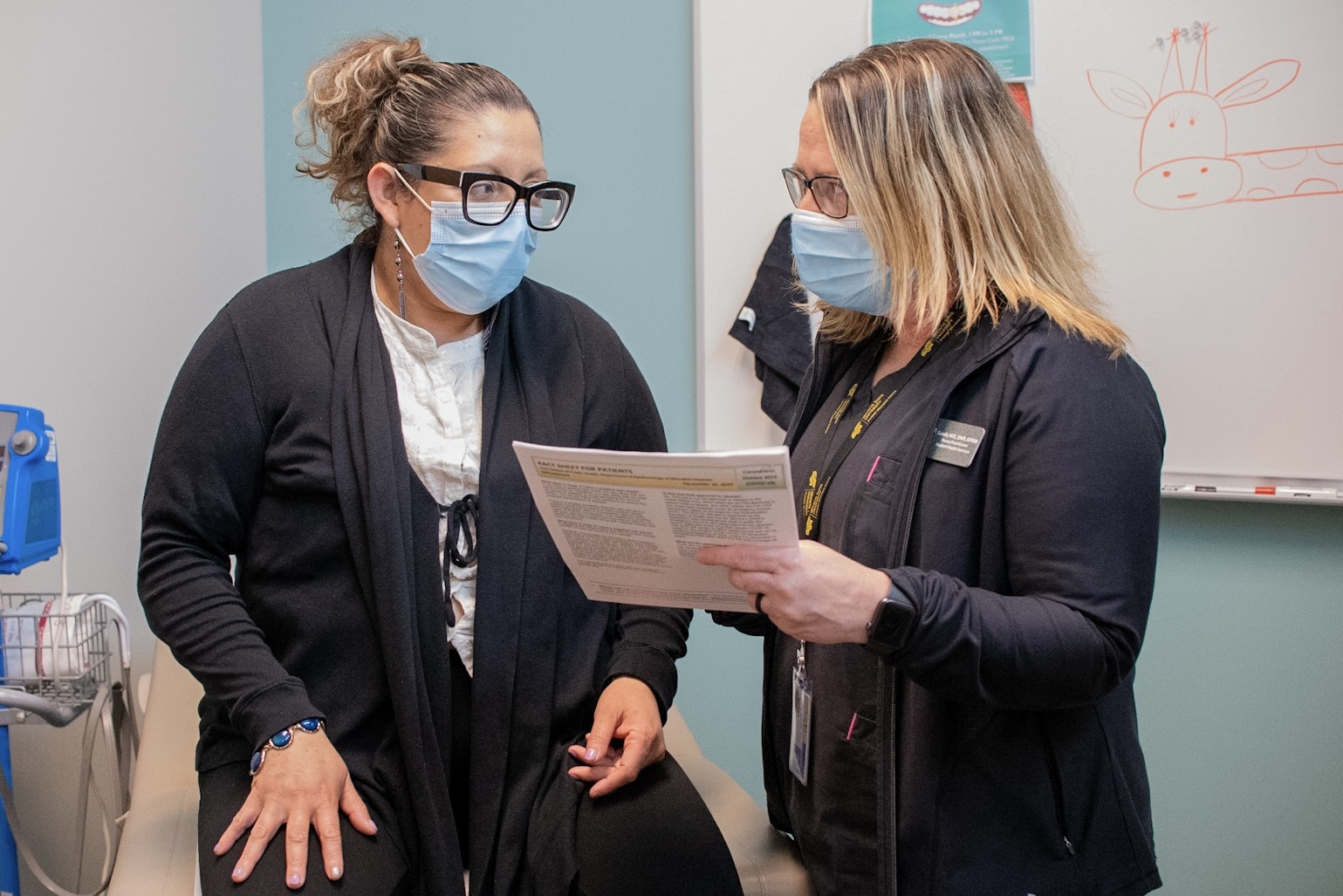By Francisco (‘Paco’) Martínez and Rachel Showstack
If you are a patient who needs to receive care in your own language when you go to the doctor, the following three things can help you receive the quality of care you deserve in your own language:
- There is a federal law that mandates that all patients must receive qualified medical interpretation services in their preferred language at any hospital or clinic that receives federal funds. In accordance with Title VI of the Civil Rights Act of 1964, all clinics, hospitals, and specialty clinics that accept federal health insurance must have qualified interpreter services. A qualified interpreter is a person who has received training in interpretation and whose job is (or includes) interpreting. Interpretation can be done in person, by phone, or by video. You can ask for these services when you make the appointment or when you are at the appointment.
- You will be able to tell if the interpreter at your medical appointment is a qualified interpreter if this person introduces themselves in their role as interpreter when the appointment begins, explains how they are going to do the interpretation, assures you that all the information will be private and confidential, and during the appointment can correctly interpret the medical terms used by the doctor or clarify them using the strategies accepted by qualified interpreters. Qualified interpreters interpret everything that is said at your appointment, correctly interpreting each message from the person speaking into the other language, and intervening when they realize there may be a miscommunication. They speak as if they were the person speaking, you or the doctor, so if you say “My stomach hurts,” the interpreter will not say in English to the doctor “They said their stomach hurt,” but will say the same thing you said: “My stomach hurts.” If you do not trust the professionalism or language level of the interpreter, you can ask the doctor to find another one, please.
- Everyone present at the appointment has the responsibility to ensure complete communication. To do this, the doctor must give you the opportunity to explain your point of view and must listen with interest and sincerity. If the doctor does not give you the opportunity to talk or ask questions, you have to ask for it yourself. The interpreter will give your message to your doctor as if they were your voice. Giving your opinion and asking questions at your medical appointments is your right and your responsibility. This is extremely important because if the doctor does not fully understand your experience, he may make the wrong diagnosis. Additionally, the doctor may ask you to explain in your own words everything you have understood about your appointment and your treatment plan to see if you have understood, and if you have not understood everything, the doctor will explain again what you need to understand to get the best results of your treatment. If the doctor does not ask you what you understood at the end of the medical appointment, you can say, “I’m going to tell you what you explained to me to make sure I understand everything I need to know and do at home to get better. ” In this way, you and your doctor can work together to clarify any misunderstandings or important information missed to ensure that you leave the appointment fully understanding your condition and your treatment.
By knowing and using these three points, you can increase the possibility of receiving quality treatment in your own language and leaving the doctor’s visit understanding the treatment plan that will help you get the best results and your best health.
Alce su voz is a community-based initiative of Wichita State University whose mission is to improve health equity for Spanish speakers and speakers of Indigenous languages in the United States, with a focus on Kansas and the Midwest. For more information or to get involved, please send an email to alcesuvoz@gmail.com. You can also join our email list and follow us on Facebook.
